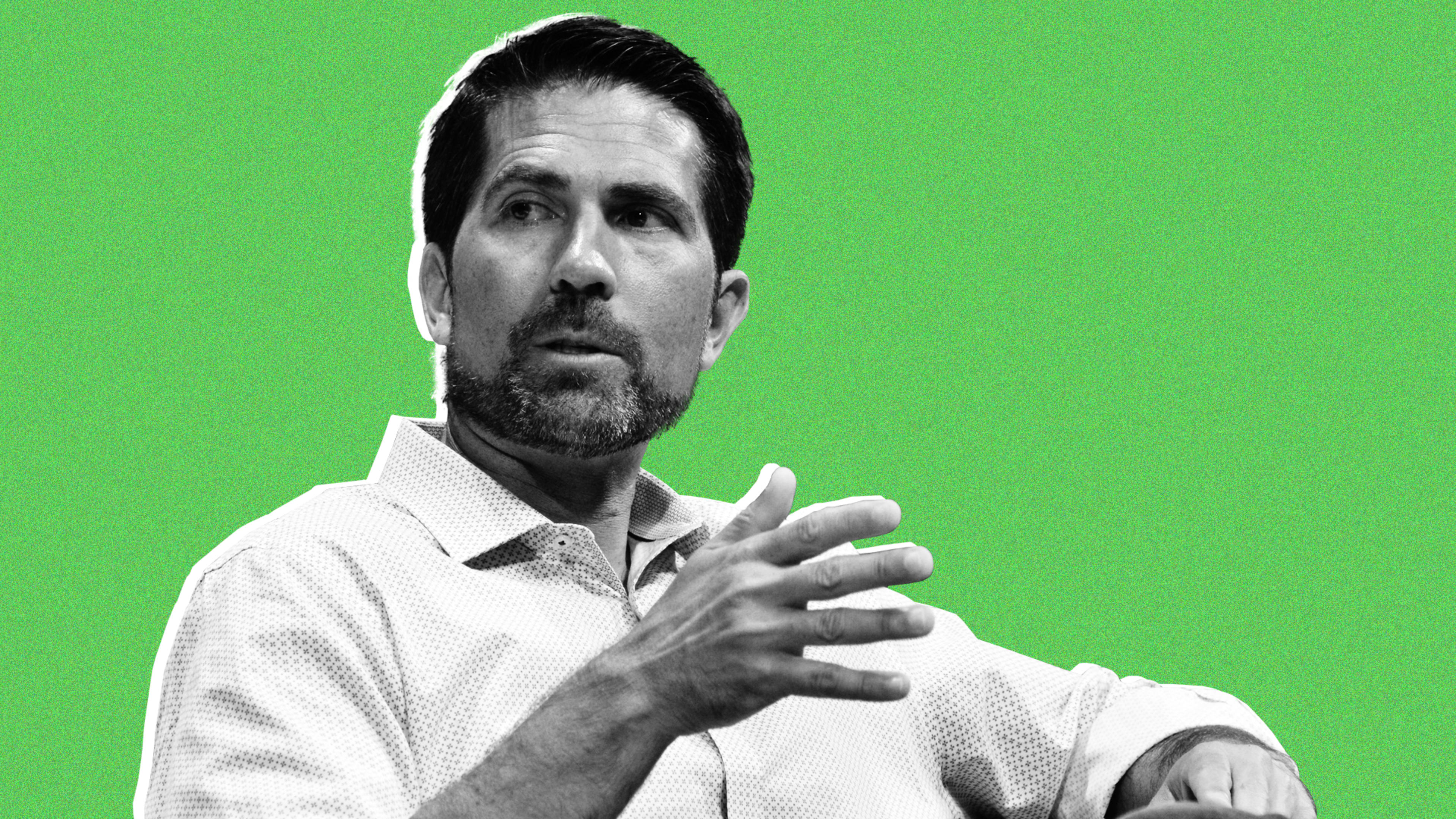The reinvention of experience has been the cornerstone of the 21st century. From Uber to Airbnb, Tinder to Spotify, pain-packed areas of our daily lives have been opened up for innovation. I can still remember when trying to hail a cab in downtown San Francisco, New York, or London meant searching for an ATM, waiting 20 minutes outside—and still failing to secure a ride to my destination. Now, I’m three taps away from smooth and seamless travel.
Measuring the breadth of experience reinvention shows widespread change: a revolution that has catered to and cared for the individual user, beyond doubt. We now personalize our grocery orders and eagerly anticipate the thud of another week’s meals dropped outside our front doors, pre-cut, pre-sliced, and ready for assembly. Our homes can be heated and cooled remotely, potential partners vetted from the comfort of our sofas, and new music aligned with our tastes—all aided and abetted by artificial intelligence.
Yet in spite of these developments, there are multiple areas of our daily lives that remain to be reinvented. From travel to healthcare, banking to home insurance, few sectors have been transformed entirely. Rather they’re operating with reinvented components.
Experience innovation
Experience innovation from beginning to end is the next big way to differentiate brands. However, liquid expectations—the increasingly common consumer expectation that all future experiences measure up to current best-in-class executions—has made top-level differentiation far more difficult. The gold standard is now the norm, and brands are rightly scrambling to meet it as quickly as they can. Contactless payment and innovative and intuitive personal banking advancements are now common practice, both in newer cloud banks and established brick-and-mortar outfits. Biometric advancements which previously gave brands a competitive edge—such as facial recognition technology and fingerprint identification—are now a given for consumer devices. The explosive rise of voice recognition and our increasing familiarity with these assistants has brands seeking ever-innovative ways of being heard above the noise.
As such, hats can no longer be hung on these gold standard “advancements.”
To navigate this landscape of constantly shifting consumer expectations, brands must look to purpose and innovation as key metrics. Innovation, which creates the greatest impact and truly changes lives, will be understood as the real mark of exceptional experiences.
Purpose counts
First, we need to recognize that shareholder interest now includes taking purpose into account. The Milton Friedman-popularized idea of business solely as a vehicle to increase shareholder value and maximize profits is no longer one that holds sway in our current socioeconomic climate.
True purpose, embedded into the foundation of a corporation’s core values and business practices, is imperative. For one, consumers and employers are demonstrating their willingness to gravitate toward brands with purpose. According to Global Consumer Pulse Research 2019, which surveyed close to 30,000 consumers in 35 countries, 62% of consumers want companies to take a stand on current and broadly relevant issues such as sustainability, transparency, and fair employment practices, while 63% of consumers globally prefer to buy goods and services from companies that stand for a shared purpose that reflects their own views. Companies that don’t align with customer beliefs pay the price: 47% of consumers who are disappointed by a brand’s words or actions on a social issue walk away in frustration, with 17% not coming back.
These figures inform us that identifying and developing a wider purpose should not be dismissed as a superficial consideration for companies, but should in fact be understood as a necessary and fundamental component of a brand’s fabric, not just for consumers but also for talent. Presently, companies without purpose are forecasting that their ability to recruit top talent will be impacted.
Commitment to social issues as a business driver is also of crucial importance when looking to the future of a company, but aligning their business with their stated purpose is critically important, too. Disingenuous proffers of purpose are obvious and pose a distinct danger to brands, while authentic purpose increases the depth of brand experience and consumer connection, establishing a point of competitive edge and differentiation in saturated markets.
Second, the push for purpose and its importance must be disseminated from the top levels. In a landscape where 62% of consumers are attracted to (or repelled from) brands based on their ethical values and authenticity, CEOs are increasingly expected to take the lead on social change rather than waiting for governmental forces to impose it. The appetite for change can only be realized if it is ingrained into a corporation’s DNA and aggressively pursued by its most senior players. This is crucial at a time when 65% of consumers say their purchasing decisions are influenced by the words, values, and actions of a company’s leaders.
Third, purpose-led innovation is not the rebadging of old purpose. It’s the creativity that changes lives, goes beyond the current depth of creation, and provides meaningful change. It transcends focus on the immediate gratification in one person’s life and looks to wider possibilities to radically transform life’s experiences. It’s the shift from “me” to “we,” from our individual experiences to our shared potential. It’s aligning brand messaging with authentic social, environmental, and economic purpose and building deeper, more aligned relationships with our customers.
I’m often asked about what the next big industry shift will be. What’s next exists only at the intersection of purpose and innovation: meaningful work that truly changes lives for the better.
The reinvention of experience is king in the 21st century, but it can only reach its potential when liberated from its current limitations of catering solely to the individual user. Brands must genuinely commit to aligning their businesses with purpose to differentiate themselves; it’s the most crucial future imperative for our business, and the only hope for meaningful, innovative, experience-elevating work.
Brian Whipple is the CEO of Accenture Interactive.
Recognize your brand’s excellence by applying to this year’s Brands That Matter Awards before the early-rate deadline, May 3.
